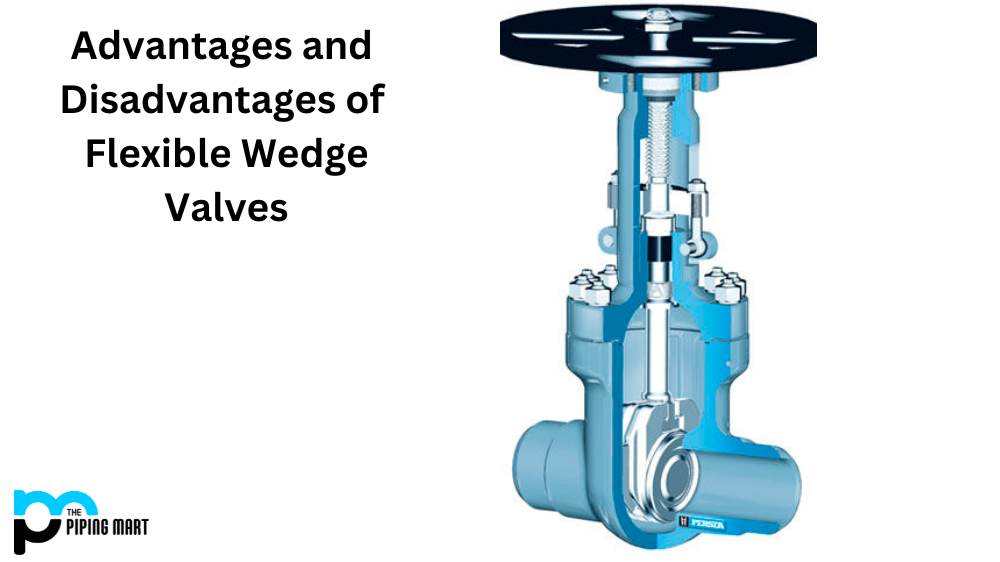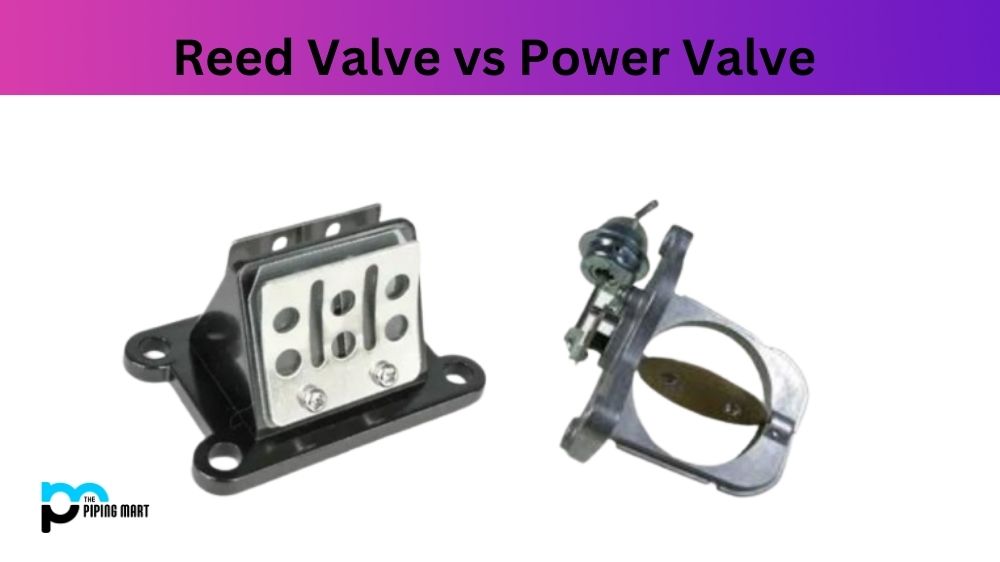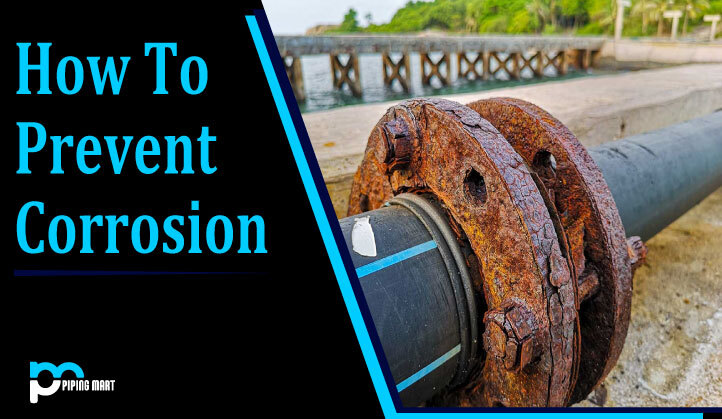The flexible wedge valve is a rotary valve used to control the flow of liquids or gases in machines and pipes. Many industries, from agriculture to power plants, rely on the flexible wedge valve for its ease of use and advanced features. Before investing in this type of valve, it’s essential to understand its advantages and disadvantages.
Advantages of Flexible Wedge Valve
One of the most attractive features of the flexible wedge design is its ability to minimize turbulence. The design also allows for adjustments in pressure while still offering reliable performance. Additionally, they are designed with fewer components than other types of valves, which makes them more economical to install and maintain over time. Furthermore, they can handle higher pressures than other types of valves due to their strong construction. Finally, they offer superior sealing capabilities, which help reduce leakage during operation.
- The flexible wedge valve has a unique design that allows it to seal tightly against the seat, even when there is significant wear.
- The flexible wedge valve is also much easier to maintain than other valves, as it does not require frequent adjustments or replacement of parts.
- Due to its unique design, the flexible wedge valve is also less likely to leak than other types of valves.
- The flexible wedge valve is also much more resistant to corrosion than other types of valves due to the materials used in its construction.
- Overall, the flexible wedge valve is a superior option to other valves due to its many advantages.
Disadvantages of Flexible Wedge Valve
Flexible wedge valves have some drawbacks as well. They can be more expensive than other types of valves due to their complex design and construction materials required for production. This means they may need to be more suitable for low-budget projects or those where cost savings are a priority. Additionally, due to their high-pressure capability, these valves can take up more space than other types when installed, so make sure you factor that into your plans if space is an issue for your project. Also, because they have moving parts, these valves require regular maintenance and inspections, which can add additional costs over time.
Limited applications
One of the primary disadvantages of flexible wedge valves is their limited applications. This type of valve must be better suited for high-pressure or high-temperature applications. Additionally, flexible wedge valves are unsuitable for abrasive or corrosive fluids.
High maintenance costs
Another disadvantage of flexible wedge valves is that they have high maintenance costs. This type of valve requires regular maintenance and inspection to ensure its functioning properly. Additionally, flexible wedge valves are susceptible to wear and tear and may need to be replaced more frequently than other valves.
Difficulty controlling flow rate
Another disadvantage of flexible wedge valves is that they can be difficult to control the flow rate. This type of valve relies on a sealant to control the flow of fluid, which can wear down over time and cause the valve to leak. Additionally, the sealant may only be able to provide a tight seal in some applications, which can lead to fluid leakage.
Not suitable for high-pressure applications
As mentioned previously, one of the primary disadvantages of flexible wedge valves is that they need to be better suited for high-pressure applications. This type of valve is designed for use in low-pressure applications only. Attempting to use a flexible wedge valve in a high-pressure application may damage the valve or leak.
Not suitable for use with abrasive fluids
Another disadvantage of flexible wedge valves is that they are unsuitable for abrasive fluids. This type of valve relies on a sealant to control the flow of fluid, which abrasive fluids can wear down over time. Additionally, the sealant may not be able to provide a tight seal in all applications, which can lead to fluid leakage.
Conclusion:
The flexible wedge valve has many advantages that make it an ideal choice for controlling the flow of liquids or gases across various settings. However, it’s important to weigh the pros and cons before investing in this type of valve to decide what will work best for your situation. With careful consideration and research into all available options, you can make sure you choose the right type of valve for your project needs every time!

Abhishek is a seasoned blogger and industry expert, sharing his insights and knowledge on various topics. With his research, Abhishek offers valuable insights and tips for professionals and enthusiasts. Follow him for expert advice on the latest trends and developments in the metal industry.




